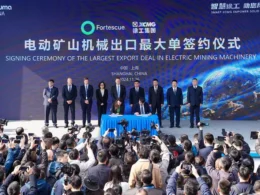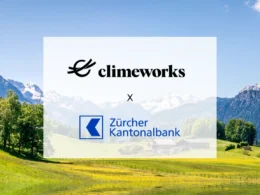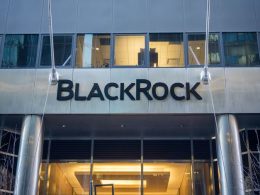Google has finalised its largest-ever carbon removal agreement, partnering with Brazilian startup Mombak to finance large-scale restoration of the Amazon rainforest. The deal, which will offset around 200,000 metric tonnes of carbon emissions, marks a fourfold increase from the companies’ initial pilot agreement in 2024.
The partnership underscores the growing demand among technology companies for high-quality carbon credits as they seek to counterbalance emissions generated by increasingly energy-intensive data centres used for artificial intelligence.
Last year, Google committed over $100 million towards a range of carbon removal technologies — from enhanced rock weathering and biochar to direct air capture. However, according to Randy Spock, Google’s Head of Carbon Credits and Removal, nature-based approaches remain among the most effective. “The most derisked technology we have to reduce carbon in the atmosphere is photosynthesis,” he said.
Mombak restores degraded pastureland into native Amazonian forest, generating carbon removal credits verified to high environmental and social standards. The company’s co-founder and Chief Executive, Gabriel Silva, said the industry is witnessing a “flight to quality” as buyers increasingly seek projects with verified impact and transparency.
“Buyers were previously purchasing carbon credits without understanding their quality,” Silva noted. “Now, they are prioritising credible, science-based projects that genuinely remove carbon.”
Google has deliberately avoided REDD+ credits, which focus on preventing deforestation rather than reforestation, following concerns about fraud and weak oversight in parts of the market.
To raise the credibility of nature-based carbon removal, Google has joined forces with Meta, Salesforce, McKinsey and Microsoft under the Symbiosis Coalition, a group pledging to contract over 20 million tonnes of high-integrity, nature-based carbon offsets by 2030. The coalition recently expanded to include Bain & Company and REI Co-op.
According to Symbiosis Executive Director Julia Strong, Mombak’s project is the first to meet the coalition’s stringent standards for carbon accounting, biodiversity protection, and community benefits. Brazil currently has the highest number of projects under review for endorsement.
As demand for verified, high-quality credits outpaces supply, prices for reforestation-based offsets in Brazil have surged — often exceeding USD 50 per tonne, compared to less than USD 10 for traditional REDD credits.
“Companies are becoming more efficient in producing credits at lower costs,” said Silva. “But right now, there’s far more demand than supply.”
The deal coincides with Brazil’s preparations to host COP30 in Belém, which the government has branded the “Forest COP” to spotlight conservation and forest restoration as central to global climate action.





















